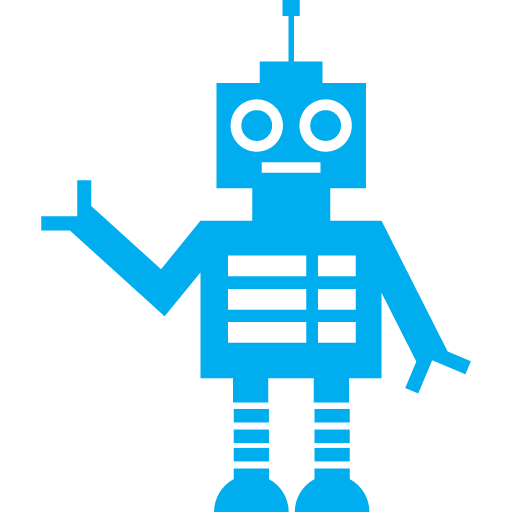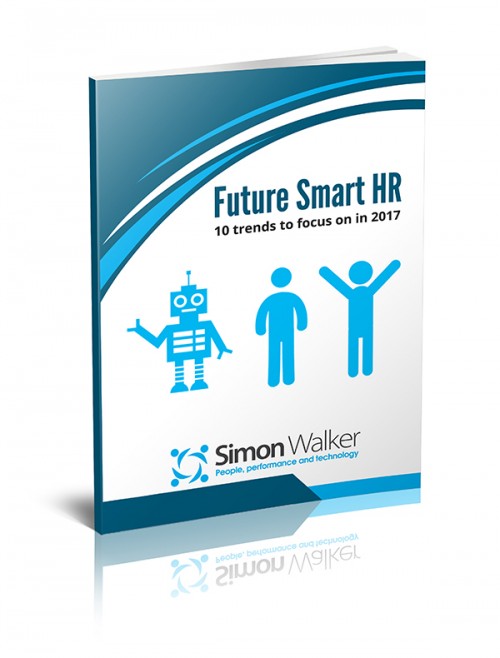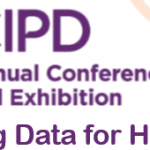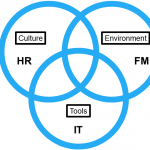 There’s lots of hype about it, but there is no doubt that the application of AI, machine learning and autonomous systems is everywhere and growing fast.
There’s lots of hype about it, but there is no doubt that the application of AI, machine learning and autonomous systems is everywhere and growing fast.
It’s already having some impact in the workplace, for example in customer service with fully artificially intelligent bots such as the RBS/NatWest Luvo system powered by IBM’s Watson. This impact will rapidly accelerate this year.
Which roles will be impacted?
It’s hard to say exactly which roles will be affected and when, but it’s safe to say that anything that is repetitive will feel some impact sooner rather than later. There are already advanced trials among the Big Four accounting firms using automated AI systems for conducting financial audits, testing self driving trucks and conducting legal sifts through mountains of documents at the disclosure stage of proceedings, something that is usually done by junior lawyers. A key feature is that AI systems will impact professional roles equally as much as blue collar one. AI is blind to the colour of your collar.
What should HR be doing?
HR teams need to scan for the impacts of automation and AI and make plans accordingly. This includes identifying and working with those about to be affected, possibly providing retraining, encouragement and the opportunity to develop.
Previous technology-led step change (such as machine mass production in the industrial revolution or computerisation in the 80s and 90s) led to many job losses. But it also resulted in as many or more different jobs being created: developing, supporting and selling previously non-existent products or services surrounding the innovation. Odds are this will happen again, but we need people to be open and curious to any new opportunities.
Talk about AI with the Unions
It is also vital to engage with the unions. If there can be friction about who presses the door opening button on trains, (not exactly deep automation!) imagine the grief when self-driving trains, cars, trucks and planes are everyday?. Early dialogue with the unions is the key. Jobs WILL be lost (but others created), so why put off engagement until it’s too late and risk a pitch battle? Better to work together now – again focus on constructive development of those (about to be) impacted and reskilling.
What to do and questions to ask
- Which roles will be affected? Look at any task that is repetitive however sophisticated.
- What technologies are out there and just about to impact our business? Get curious and find out.
- How can we help the people affected? What roles will potentially be created? What training, encouragement and support can we offer? Focus on people skills, creativity and other areas where AI is less likely (for now) to have an impact.
- Can we work with other stakeholders, including the unions?
If you’d like to explore the future of work and enable your leaders to better engage their teams by embracing the future of work, then call Simon on 020 3488 0464 or email simon@simonwalker.org
Focusing on the whole employee experience is one of the themes discussed in my mini ebook Future Smart HR – 10 trends to focus on in 2017
Exploring themes such as HR analytics, the gig ecomony and the impact of AI and automation, it shares ideas about what to do about them, and the smart questions you should be asking.
Download you complementary copy here.









